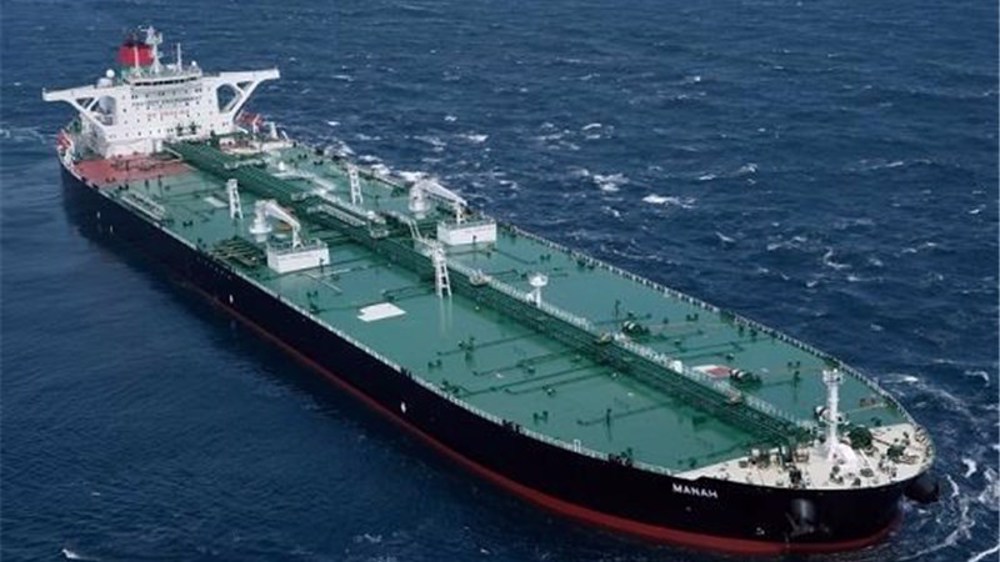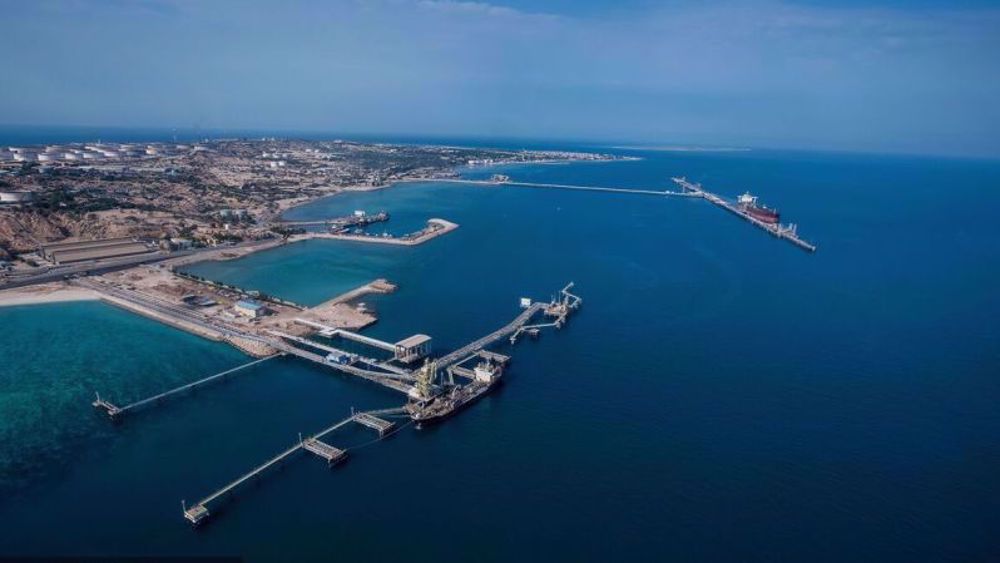Iran’s biggest oil investment event opens
An important conference opens in Tehran to lay out 50 oil and gas projects for development through foreign investment which Iran hopes to trickle in with the lifting of Western sanctions.
“Now, it is an appropriate time for the oppressive sanctions against Iran to be lifted and once again to be proved that sanctions against oil flow harm both the producer and consumer and that oil must not be threatened and sanctioned with a political attitude,” Petroleum Minister Bijan Zangeneh told the opening Saturday.
As many as 250 representatives of companies from 33 countries are attending the conference which will also feature Iran’s introduction of a new contract format offering better incentives to investors than the previous buy-back deal.
Head of the Oil Contract Restructuring Committee Mehdi Hosseini said no American company is participating in the event but a number of big oil and gas entities have sent their representatives.
Zangeneh said there is open "space" for the presence of US companies in Iran’s oil industry. “We have no opposition to and problem with the presence of American companies,” he said.

Foreign companies are excited at the prospects of big business in a country which owns the world's largest oil and gas reserves combined when sanctions are lifted in early 2016 under a nuclear accord.
The website of Ministry of Petroleum’s Shana news agency said 137 companies are in attendance, including Repsol, BP, Royal Dutch Shell, Total, Technip, Schlumberger, Eni, Enel, Rosneft, Lukoil, Gazprom, Inpex, Statoil and Daewoo.
Iran plans to boost oil production to 5.7 million barrels a day and gas output to 1.4 billion cubic meters a day by 2021. The projects include a combination of brown and green fields as well as exploration blocks up for development.
Contract's terms
The new contract contains some specifications of the production-sharing agreements which will encourage investors to produce more oil and develop a field for longer terms.
Each individual project will have tailor-made contracts, rather than a uniform format for all projects.
Companies will be allowed a share of the oil they produce, enabling them to sell it abroad. They will share the rise or fall in recovery; hence, the more they produce, the more they will earn.
The Iran Petroleum Contract (IPC) also gives investors the opportunity to participate in operation and production for 20 years that can be extended to 25 years, according to officials.
Foreign companies, however, cannot dash out of their contractual obligations if sanctions are ever re-imposed on Iran. They must also partner with local companies in joint ventures, and transfer technology.
Iranian officials hope to start tendering the projects in the new Persian year which starts on March 20, 2016 and sign contracts within two years.
VIDEO | Former FBI agent criticizes US Congress for 'outright corruption'
IRGC chief urges Muslim countries to cut aid routes to Israel
'New chapter in cooperation': Iran, Venezuela sign new MoUs
Jordan sentences former lawmaker for supporting Palestinian resistance
Basij volunteer forces hold massive drills in southwestern Iran
Israeli war criminals 'not welcome', US city says after ICC ruling
US vetoing of Gaza ceasefire resolution ‘disgraceful’: Iran’s UN envoy
VIDEO | IAEA adopts anti-Iran resolution tabled by E3










 This makes it easy to access the Press TV website
This makes it easy to access the Press TV website